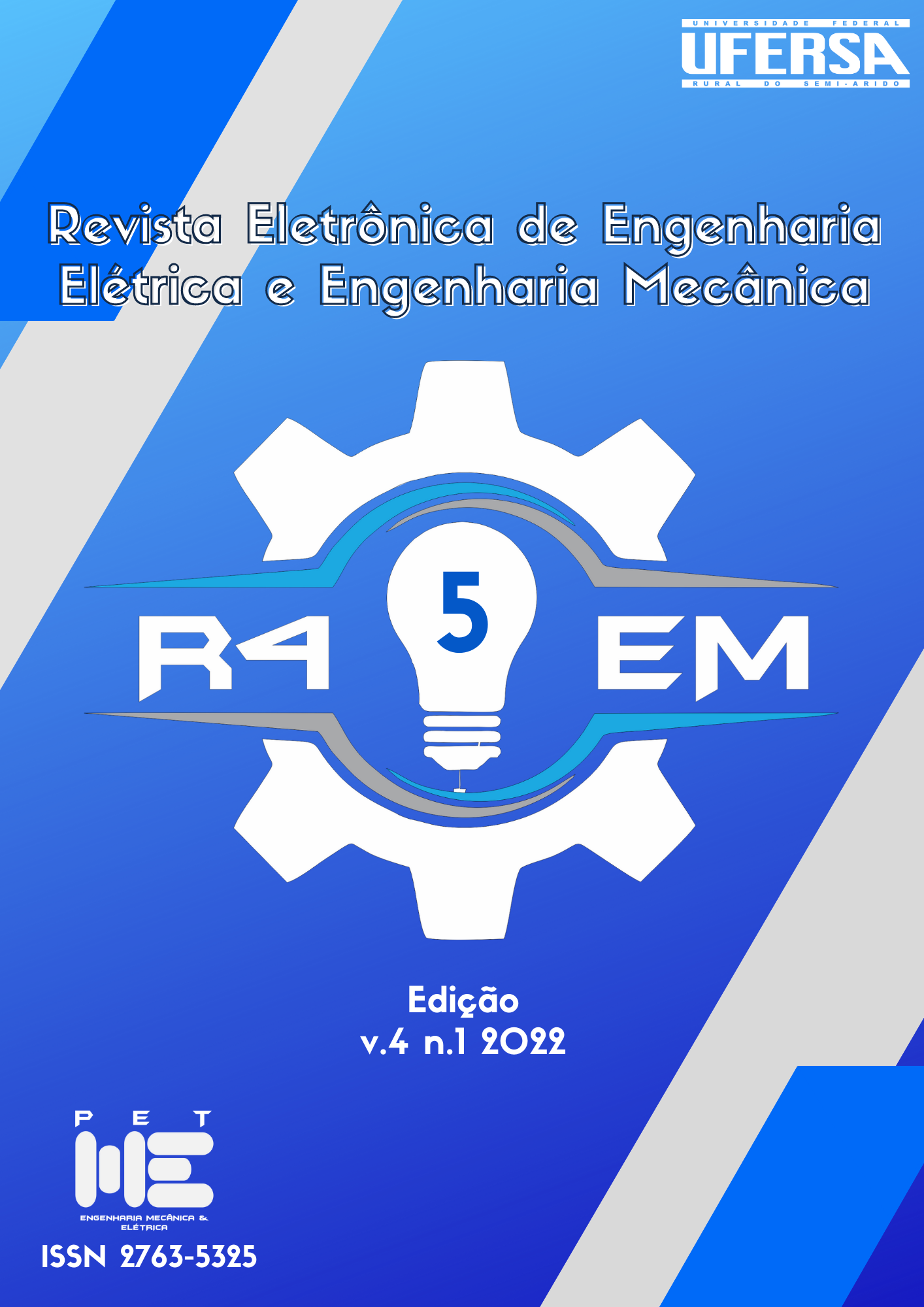Influência da composição dos moldes de fundição à base de gesso sobre as propriedades mecânicas e microestruturais da peça fundida em alumínio
DOI:
https://doi.org/10.21708/issn27635325.v4n1.a11002.2022Resumo
De maneira a simplificar e baratear o processo de shell molding, sem deixar de obter suas vantagens, o gesso, com a adição de materiais refratários, é aplicado em substituição à areia. Assim, tem-se como proposta estudar a influência das proporções do material utilizado para confeccionar moldes feitos de uma mistura de gesso e cimento refratário sobre as propriedades mecânicas e microestrutura da peça fundida. A peça fundida para os ensaios foi um corpo de prova para fundição segundo a norma ASTM –E8, utilizando um molde com as dimensões 140x326x400 mm. Para a análise foi usada uma proporção, levando em conta a porcentagem segundo a massa do molde, inicialmente com 100% de gesso e 80% de gesso e 20% de cimento refratário. Foi usado o alumínio 6063 e um forno com uma temperatura máxima de trabalho e temperatura de vazamento de 854 ºC e 750 ºC, respectivamente. Verificou-se um aumento da resistência e dureza, nas peças dos moldes com o cimento refratário, além disso, pela análise de microscopia, verificou-se uma redução no número de poros e microporos quando comparados as peças produzidas com o molde de 100% de gesso, em contra partida essas apresentaram uma qualidade superficial melhor.
Downloads
Downloads
Publicado
Versões
- 2022-07-18 (3)
- 2022-06-30 (2)
- 2022-06-30 (1)
Edição
Seção
Licença

Este trabalho está licenciado sob uma licença Creative Commons Attribution-NonCommercial 4.0 International License.





